University of Graz

Founded: 1585
Address: Universitätsplatz 3 - Graz, Austria
Phone: +43 03163800 / +43 03163802201
Address: Universitätsplatz 3 - Graz, Austria
Phone: +43 03163800 / +43 03163802201
Here you find out University of Graz complete information about fees, location, degree University of Graz offers, number, website, and much more. University of Graz is a leading university in Graz - Austria.
You can also find out jobs at University of Graz for students, teachers, and professors. We also update the database for an internship at University of Graz for students.
The University of Graz, which was founded in 1585, is Austria"s second oldest university and one of the largest in the country. Many excellent scientists, amongst them six Nobel laureates, have taught and researched here.
With 32,500 students and 4,300 employees the University of Graz contributes significantly to the vibrating life of the Styrian capital. Its location in Europe encourages... a lively scientific, economic and cultural exchange with South-East Europe, from which not only the city benefits, but also its educational institutions.
As a comprehensive university, the University of Graz regards itself as an international institution for education and research committed to research and teaching for the benefit of society.
It is our policy to maintain freedom in research and teaching, which permanently commits us to social, political and technological developments. Increasing flexibilisation and globalisation are the essential frame conditions.
Besides our ambition to create profile and visibility in a European and global context, it is above all one of our most outstanding characteristics that our university has acquired a special position in the south-eastern European region.
Basic and applied research belong to our excellences, based on the foundations of scientific and ethical integrity. We foster topical and methodological variety within an international cooperation network. We build our profile by determining research focuses under the consideration of socially relevant research questions.
Innovative interdisciplinary research and cooperation are amongst the subjects especially encouraged.
We involve our students in research in the context of research-based teaching. We cooperate with excellent European and non-European universities and participate in important networks. We actively provide our knowledge and the results generated through research to society.
At our university, students are trained to become autonomous and, as graduates with great technical and social skills, to acquire interdisciplinary and critical thinking. Teaching has the same value as research and is developed according to high quality standards. Research-based teaching allows for the needs of students and requirements of science, society and business. Innovative and interdisciplinary teaching plays a similarly important role as does student counselling and comprehensive education of students. We acknowledge that students must take responsibility for their own learning processes and we support the principle of active participation in the further development of teaching. We encourage students’ mobility by providing international mobility and mutual study programmes.
At our university, students are trained to become autonomous and, as graduates with great technical and social skills, to acquire interdisciplinary and critical thinking. Teaching has the same value as research and is developed according to high quality standards. Research-based teaching allows for the needs of students and requirements of science, society and business. Innovative and interdisciplinary teaching plays a similarly important role as does student counselling and comprehensive education of students. We acknowledge that students must take responsibility for their own learning processes and we support the principle of active participation in the further development of teaching. We encourage students’ mobility by providing international mobility and mutual study programmes.
The second oldest university in Austria was founded in 1585 by Archduke Charles II of Inner Austria, initially with just two faculties, those of philosophy and theology in a Jesuit college; in 1778, the faculty of law was established. After the college had been turned into a lyceum, Emperor Francis I re-established the institution as Karl Franzens University in 1827, to which in 1863 a faculty of medicine was added. Today’s campus dates back to 1870.
The flourishing scientific life was severely damaged in 1938, when numerous teachers, amongst them Nobel laureates Otto Loewi, Viktor Hess and Erwin Schrödinger, as well as some third of the students were expelled by the Nazis. From the 1960s onwards, the number of students steadily increased.
After the Faculty of Medicine had become independent in 2004, a sixth faculty of Environmental and Regional Sciences and Education (URBI) was created in 2007.
You can also find out jobs at University of Graz for students, teachers, and professors. We also update the database for an internship at University of Graz for students.
The University of Graz, which was founded in 1585, is Austria"s second oldest university and one of the largest in the country. Many excellent scientists, amongst them six Nobel laureates, have taught and researched here.
With 32,500 students and 4,300 employees the University of Graz contributes significantly to the vibrating life of the Styrian capital. Its location in Europe encourages... a lively scientific, economic and cultural exchange with South-East Europe, from which not only the city benefits, but also its educational institutions.
As a comprehensive university, the University of Graz regards itself as an international institution for education and research committed to research and teaching for the benefit of society.
It is our policy to maintain freedom in research and teaching, which permanently commits us to social, political and technological developments. Increasing flexibilisation and globalisation are the essential frame conditions.
Besides our ambition to create profile and visibility in a European and global context, it is above all one of our most outstanding characteristics that our university has acquired a special position in the south-eastern European region.
Basic and applied research belong to our excellences, based on the foundations of scientific and ethical integrity. We foster topical and methodological variety within an international cooperation network. We build our profile by determining research focuses under the consideration of socially relevant research questions.
Innovative interdisciplinary research and cooperation are amongst the subjects especially encouraged.
We involve our students in research in the context of research-based teaching. We cooperate with excellent European and non-European universities and participate in important networks. We actively provide our knowledge and the results generated through research to society.
At our university, students are trained to become autonomous and, as graduates with great technical and social skills, to acquire interdisciplinary and critical thinking. Teaching has the same value as research and is developed according to high quality standards. Research-based teaching allows for the needs of students and requirements of science, society and business. Innovative and interdisciplinary teaching plays a similarly important role as does student counselling and comprehensive education of students. We acknowledge that students must take responsibility for their own learning processes and we support the principle of active participation in the further development of teaching. We encourage students’ mobility by providing international mobility and mutual study programmes.
At our university, students are trained to become autonomous and, as graduates with great technical and social skills, to acquire interdisciplinary and critical thinking. Teaching has the same value as research and is developed according to high quality standards. Research-based teaching allows for the needs of students and requirements of science, society and business. Innovative and interdisciplinary teaching plays a similarly important role as does student counselling and comprehensive education of students. We acknowledge that students must take responsibility for their own learning processes and we support the principle of active participation in the further development of teaching. We encourage students’ mobility by providing international mobility and mutual study programmes.
The second oldest university in Austria was founded in 1585 by Archduke Charles II of Inner Austria, initially with just two faculties, those of philosophy and theology in a Jesuit college; in 1778, the faculty of law was established. After the college had been turned into a lyceum, Emperor Francis I re-established the institution as Karl Franzens University in 1827, to which in 1863 a faculty of medicine was added. Today’s campus dates back to 1870.
The flourishing scientific life was severely damaged in 1938, when numerous teachers, amongst them Nobel laureates Otto Loewi, Viktor Hess and Erwin Schrödinger, as well as some third of the students were expelled by the Nazis. From the 1960s onwards, the number of students steadily increased.
After the Faculty of Medicine had become independent in 2004, a sixth faculty of Environmental and Regional Sciences and Education (URBI) was created in 2007.
Read More
Details:
LeaderShip: Rector: Dr. Christa Neuper
Fees:
Time: 07:00 AM to 10:00 PM
Phone Number: +43 03163800 / +43 03163802201
City: Graz
Fees:
Time: 07:00 AM to 10:00 PM
Phone Number: +43 03163800 / +43 03163802201
City: Graz
Timing: 07:00 AM to 10:00 PM
Country: Austria
Staff: 4000
Website: http://www.uni-graz.at
Country: Austria
Staff: 4000
Website: http://www.uni-graz.at
Subjects:
- Architecture
- Civil Engineering
Video:
Jobs in University of Graz
Currently, there is no job opening in University of Graz as per our database.

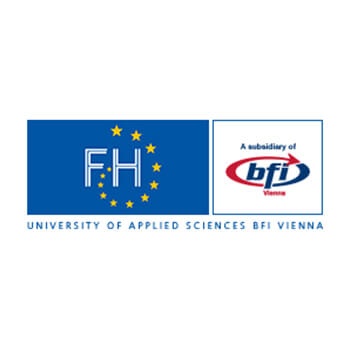
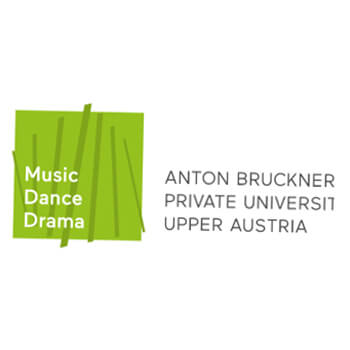

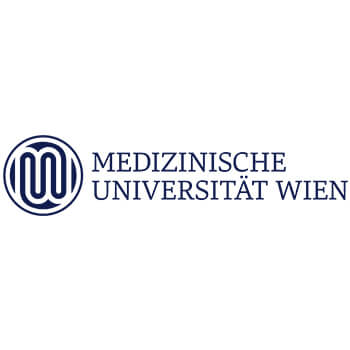
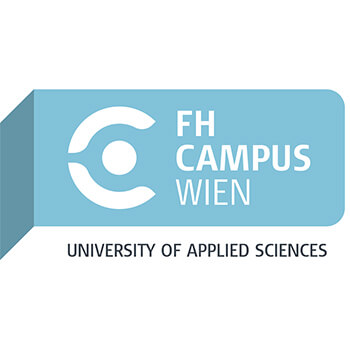
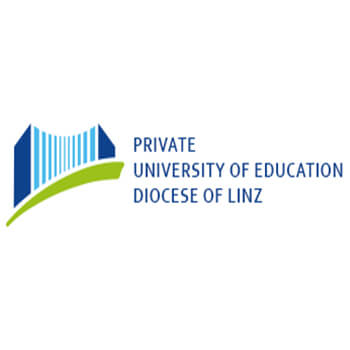
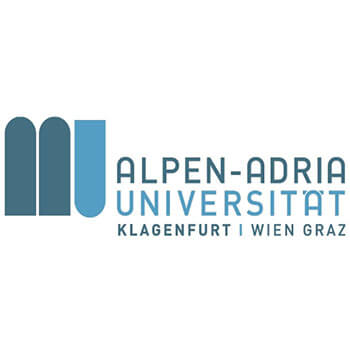
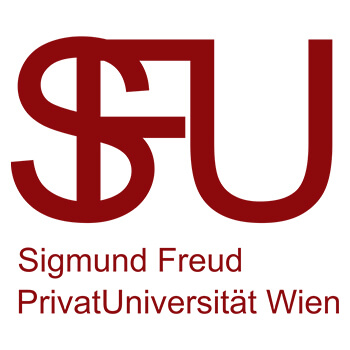










Leave a Reply